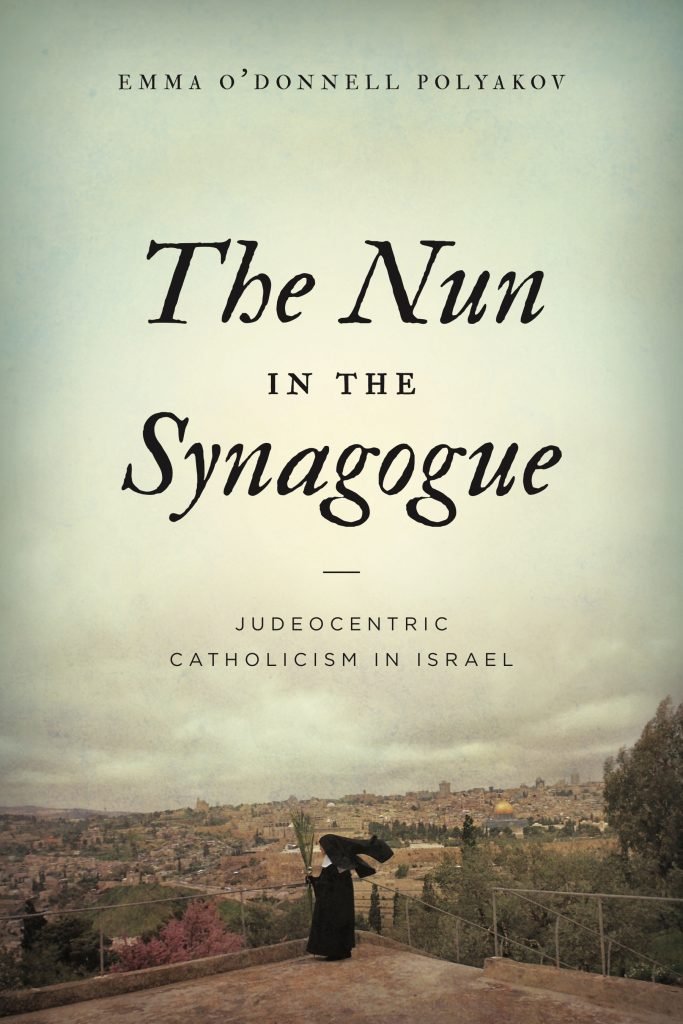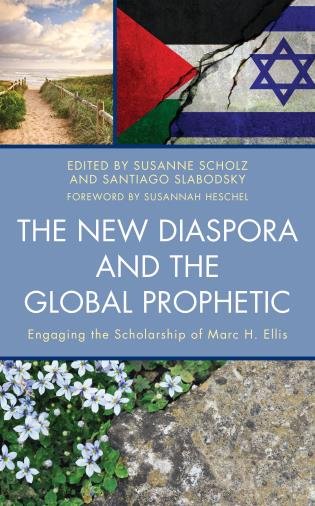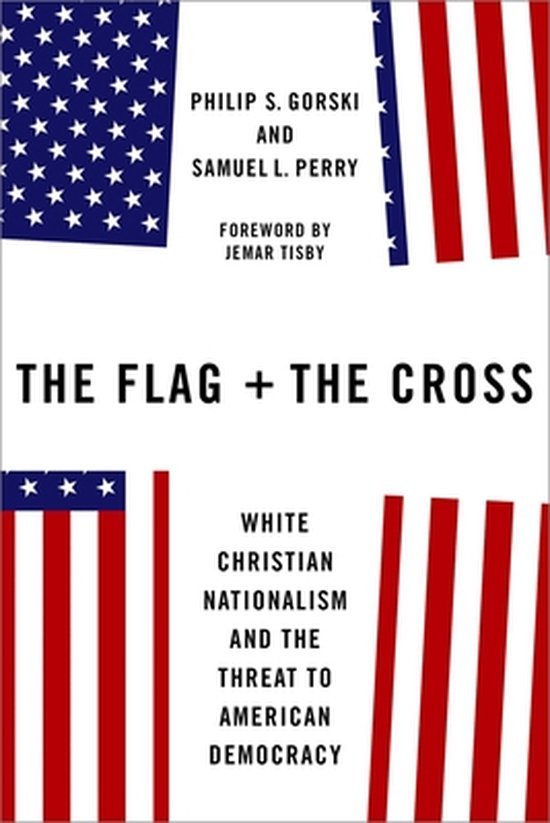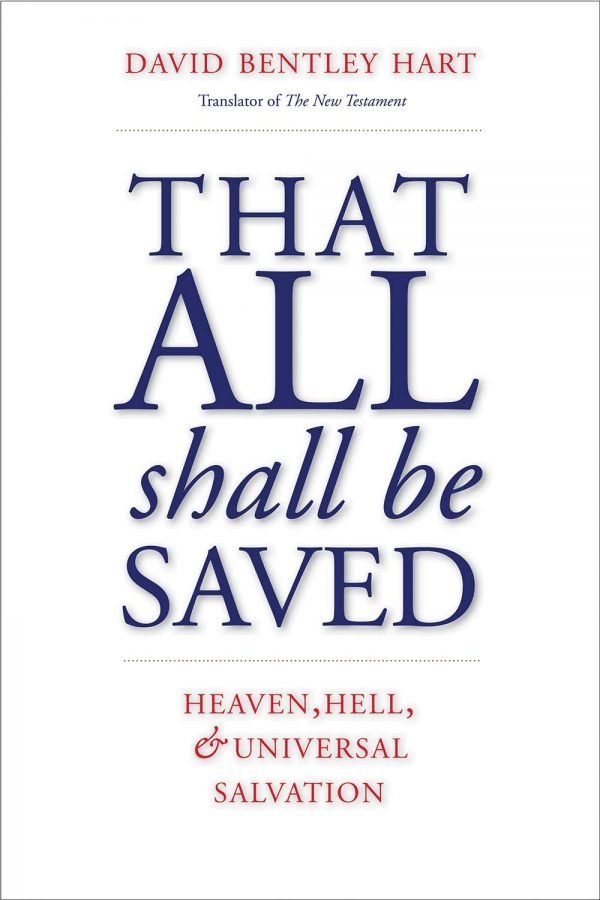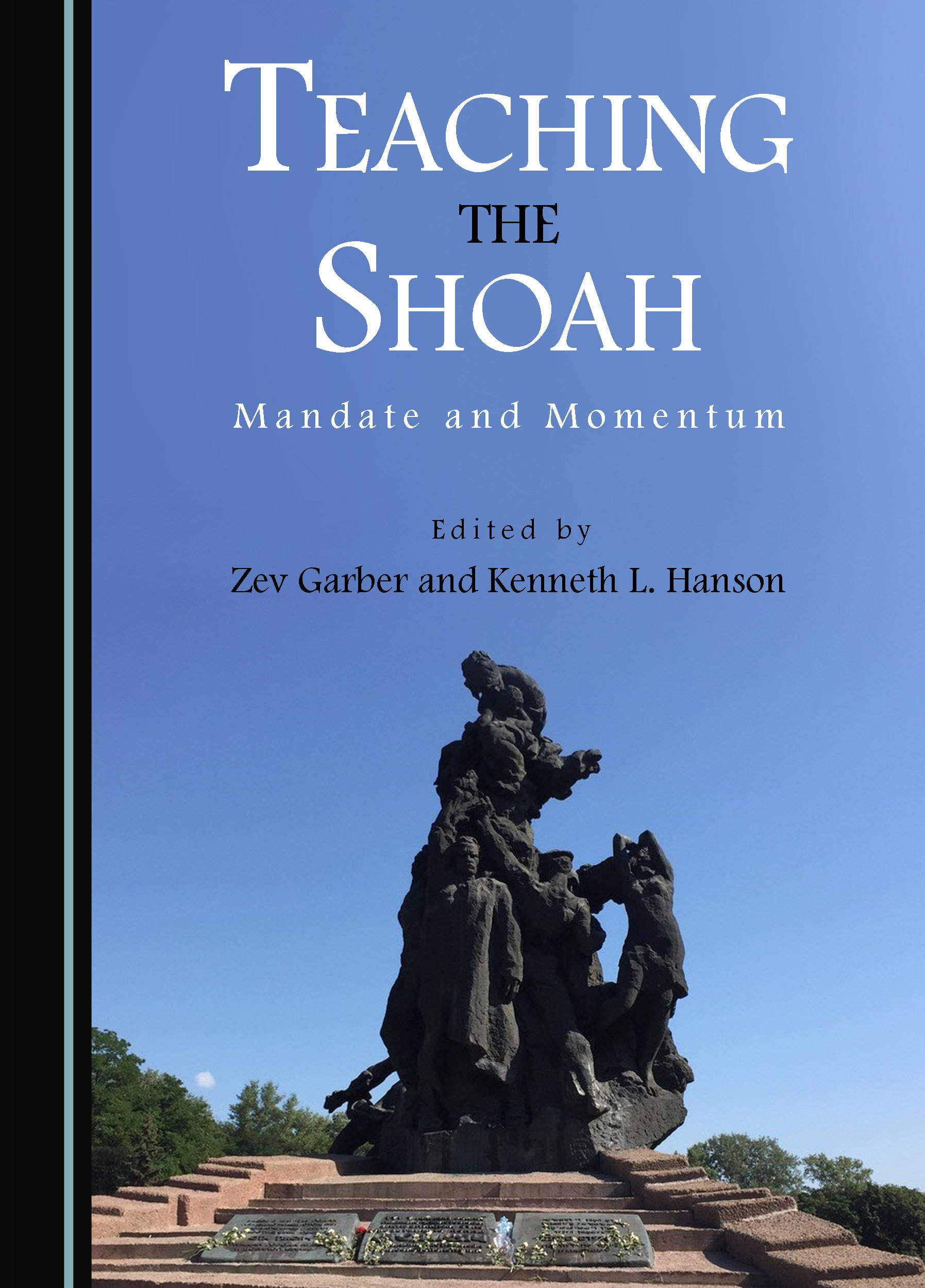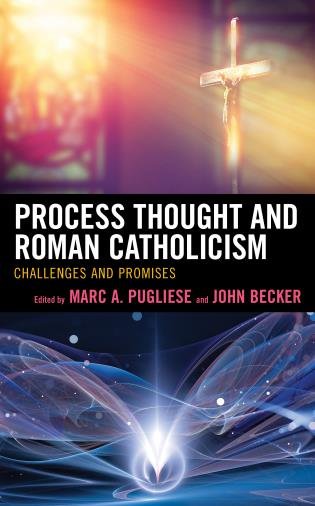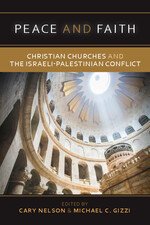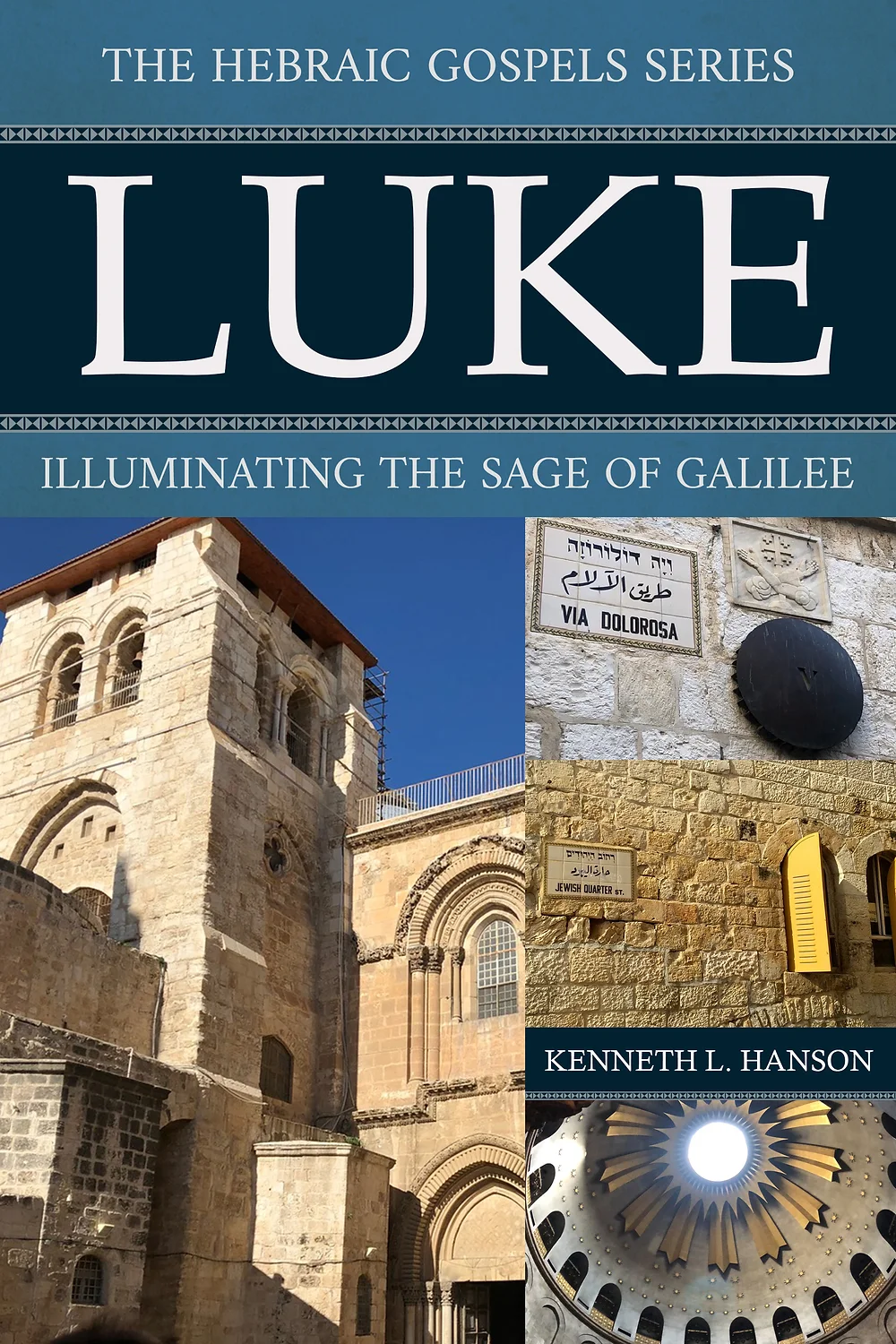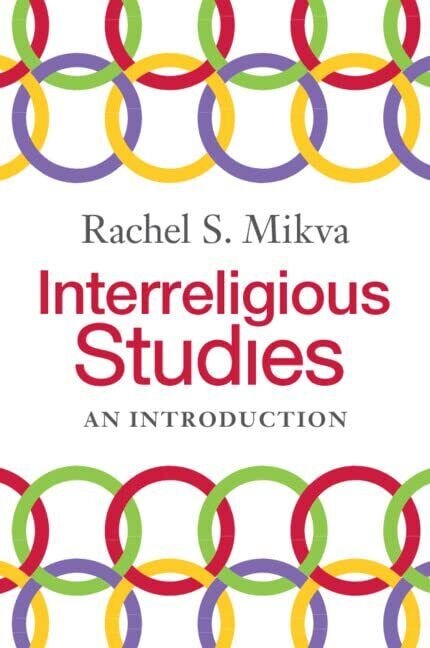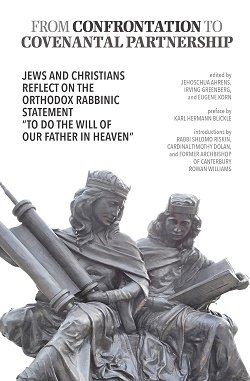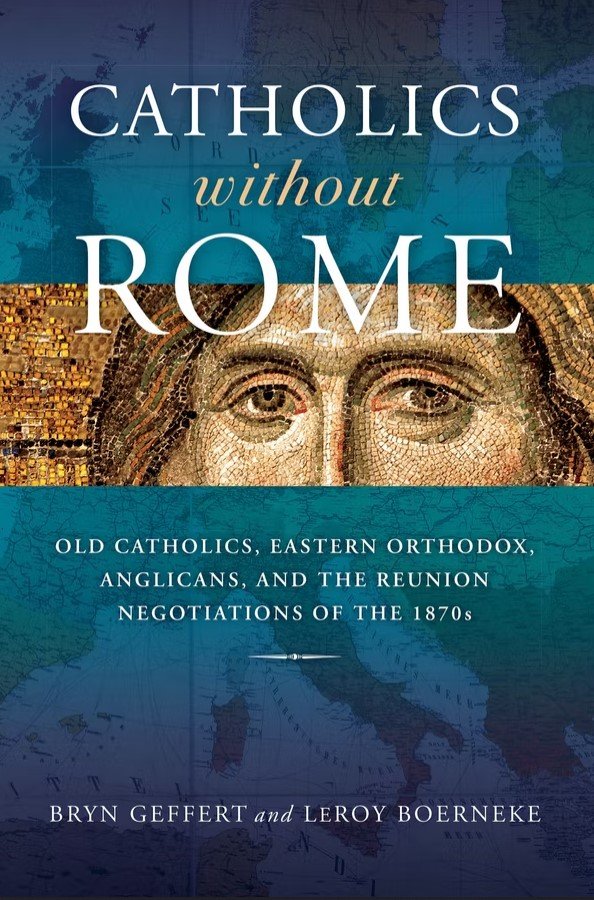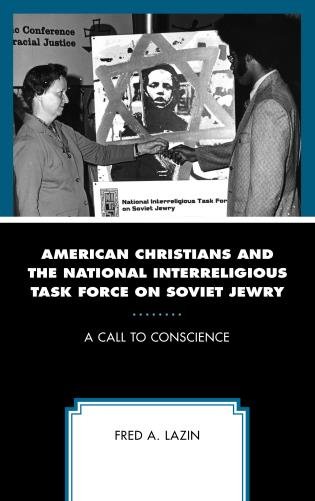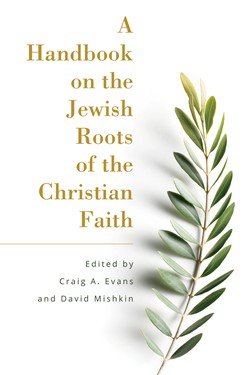Featured J.E.S. Author: Raimundo César Barreto, Jr. on "José Míguez Bonino and the Third-World Challenge to the Ecumenical Movement"
Issue 59.3 of the Journal of Ecumenical Studies is now available! It features essays originally presented as papers for the North American Academy of Ecumenists annual meeting at St. Mary's University in San Antonio, Texas, November 16-17, 2023.
For each issue, the Diablogue features one author and makes a full-text PDF version of their article available for 60 days on Project Muse. In this issue, we feature Raimundo Barreto’s "José Míguez Bonino and the Third-World Challenge to the Ecumenical Movement,” which can be accessed HERE.
Raimundo C. Barreto is an associate professor of World Christianity at Princeton Theological Seminary, where he has been teaching since 2014. He holds a bachelor’s degree in theology from Seminário Teológico Batista do Norte do Brasil, an MDiv degree from McAfee School of Theology at Mercer University, and a PhD in religion and society from Princeton Theological Seminary. Before coming to Princeton, he taught at various institutions in Brazil and was the director of the Division on Freedom and Justice at the Baptist World Alliance.
Barreto is the author of Protesting Poverty: Protestants, Social Ethics, and the Poor in Brazil (Baylor University Press, 2023) and Base Ecumenism: A Latin American Contribution to Ecumenical Praxis and Theology (Augsburg Fortress, 2025). He is working on a new book titled Christians in the City of São Paulo: The Shaping of World Christianity in a Brazilian Megacity (Bloomsbury). He is also the co-editor of the Journal of World Christianity, the general editor of the World Christianity and Public Religion Series published by Fortress Press (2017–24), and a convener of the World Christianity Conference since 2018. In addition to his publications, which include numerous journal articles and book chapters, he has served on boards and committees of various organizations, including the Conference of NGOs in Consultative Relationship with the United Nations (CoNGO), Hispanic Theological Initiative (HTI), Overseas Ministries Study Center (OMSC), Baptist World Alliance (BWA), Aliança de Batistas do Brasil, American Baptist Churches (ABCUSA), the Alliance of Baptists, the National Council of Churches USA, and the World Council of Churches (WCC).
In a few sentences, what is the main argument of your J.E.S. article?
This article explores the role of José Míguez Bonino in the ecumenical movement, focusing on his emphasis on a third-world perspective and the significance of addressing social justice in Christian unity. In this context, the term 'third world' refers to an emancipatory project that emerged in the 1950s, influenced by the struggles of the global South against colonialism and imperialism. This project, which influenced Bonino and other theologians from the global South, encouraged them to conceive a more inclusive and justice-oriented approach to unity. Bonino stressed the importance of basing the concept of unity in history and context, rejecting an idealized view in favor of a nuanced understanding that recognizes conflict, division, and differences. He highlighted the radical contextuality of human existence and the essential location of discourses, emphasizing the struggle for meaningful unity within a broadened understanding of oikoumene, grounded in justice and solidarity with the oppressed. This perspective makes the urgency and importance of a more inclusive and justice-oriented approach to unity a key focus for future ecumenical efforts.
How did you get interested in the topic?
This topic came to me as a result of my personal and academic journey. Raised in an anti-ecumenical evangelical church in Brazil, I was initially presented with resistance and misrepresentation towards the ecumenical movement. Paradoxically, this experience sparked a strong desire in me to understand and contribute to this movement.
As I delved into the history of Brazilian Protestantism, I discovered the significant role of ecumenical engagement in the struggles of the impoverished majority of the Brazilian people. This was particularly evident through a movement called Iglesia y Sociedad en America Latina (ISAL), which laid the foundations for what can be termed a Protestant branch of Latin American liberation theology. In studying this movement, featured in my book "Protesting Poverty: Protestants, Social Ethics and the Poor in Brazil" (Baylor University Press, 2023), I came to realize the significant role of José Míguez Bonino as an ecumenical figure since the early 1960s. He progressed from being a Methodist pastor advocating for local ecumenical relations in Mendoza, Argentina, to co-founding ISAL. Bonino was also the only Latin American Protestant to attend Vatican II and one of the first to interpret it in the region. His participation in the second meeting of the Catholic Episcopal Conference of Latin America in Medellin, which sparked liberation theology in the continent in 1968, was a pivotal moment in his journey. This event, along with his tenure as a regional president of the Faith and Order Commission and member of the W.C.C. Central Committee, solidified his presence and leadership in many ecumenical initiatives in Latin America and beyond.
Furthermore, as a liberation theologian in dialogue with partners from a broader ecumenical network, he contributed to reshaping prevalent perspectives in the pursuit of unity within the ecumenical movement. An invitation to discuss his role as a Latin American Protestant interpreter of Vatican II at a conference in Louvain last year finally provided me with an opportunity to highlight the theological influence of this still relatively unknown Latin American theologian on the ecumenical movement and its understanding of unity.
How do you think Bonino's understanding of "oikoumene" is helpful in thinking about ecumenical efforts?
Oikoumene is a word derived from the Greek, which generally means "the whole inhabited world," and which, since its absorption into Christian vocabulary, has been defined both religiously and politically. The question is, who defines oikoumene? And, who is part of the oikoumene, and who is left out? There was a time when this word referred to those who lived within the boundaries of the Roman Empire. Later, it became a reference to the Christian world while preserving the memories of the church's connections with the empire. Over the centuries, it has been used in different ways. Yet, oikoumene has often been defined by those in positions of power and privilege.
In the modern era, it was adopted by the ecumenical movement in reference to the Christian ideal of universal unity inspired by Jesus's prayer in John 17. What José Míguez Bonino and others have brought to the table is the need for ecumenical efforts to take seriously those who have been made invisible in those conversations and for Christians everywhere to do a self-examination to see how they have been complicit in the exclusion and erasure of others. Thus, the terms in which oikoumene is defined must be revisited, and the voices of the victims of oppression, the poor, and all those who remain excluded must be heard. His understanding of unity is broader than the classical call for church unity, and it challenges not only ecumenical conversations on Christian unity but also Christian self-understanding and priorities. I engage in a fuller conversation on this topic in my new book, Base Ecumenism: A Latin American Contribution to Ecumenical Praxis and Theology, (Series: Shapers of Ecumenical Theology) with Augsburg Fortress Press, which should be out in Spring 2025.
2023 Book Review Roundup: Journal of Ecumenical Studies
As 2023 comes to a close, we are happy to report that the Journal of Ecumenical Studies reviewed 14 books this year! We had a great selection of important interreligious and ecumenical works highlighting the diversity of the fields in 2023.
Our year started with Eugene Fisher reviewing Fred Lazin’s book American Christians and the National Interreligious Task Force on Soviet Jewry: A Call to Conscience, published by Rowman & Littlefield.
Read it here: https://muse.jhu.edu/pub/56/article/890324.
Glenn B. Siniscalchi reviewed David Bentley Hart's That All Shall Be Saved: Heaven, Hell, and Universal Salvation, published by Yale University Press, commenting that “This book is a mesmerizing defense of the claim that everyone will freely submit to the Christian God…” Read it here: https://muse.jhu.edu/pub/56/article/890325.
Seth Ward reviewed Susanne Scholz’s and Santiago Slabodsky’s edited volume, The New Diaspora and the Global Prophetic: Engaging the Scholarship of Marc H. Ellis, published by Lexington Books/Fortress Press. Review: https://muse.jhu.edu/pub/56/article/890326
"The supreme value of the book is Kasimow’s remarkable gift of self-portraiture.” Peter A. Huff reviewed Harold Kasimov’s book Love or Perish: A Holocaust Survivor's Vision for Interfaith Peace, published by iPub Global Connection.
Read it now at https://muse.jhu.edu/pub/56/article/890328.
Jonathan C. Friedman reviewed Peace and Faith: Christian Churches and the Israeli-Palestinian Conflict by Cary Nelson and Michael C. Gizzi and published by Academic Studies Press. The review is available here at https://muse.jhu.edu/pub/56/article/890327.
Journal of Ecumenical Studies co-editor David Krueger reviewed Philip Gorski and Samuel Perry’s book The Flag and the Cross: White Christian Nationalism and the Threat to American Democracy, published by Oxford University Press. Check it out at https://muse.jhu.edu/pub/56/article/890329
Our summer edition included three reviews, starting with Joseph Loya’s review of Catholics without Rome: Old Catholics, Eastern Orthodox, Anglicans, and the Reunion of Negotiations of the 1870s by Bryn Geffert and Leroy Boerneke and published by the University of Notre Dame Press. Available now at at https://muse.jhu.edu/pub/56/article/902009
“What is most interesting about this impressive, multi-authored volume is its genuinely ‘catholic’ character.” – Robert Nicastro in his review of Marc Pugliese and John Becker’s Process Thought and Roman Catholicism: Challenges and Promises published by the University of Pennsylvania Press. Read it now at https://muse.jhu.edu/pub/56/article/902010
Eugene Fisher reviewed Teaching the Shoah: Mandate and Momentum by Zev Garber and Kenneth L. Hanson for @CamScholars. You can read it on our ProjectMUSE at https://muse.jhu.edu/pub/56/article/902011!
We finished the year strong with 5 reviews in our winter edition! Zev Garber returned with a reviews of @RMikva’s Interreligious Studies: An Introduction published by @CambPressAsses Read it here: https://muse.jhu.edu/pub/56/article/914311
Zev Garber additionally reviewed Kenneth Hanson’s Luke: Illuminating the Sage of Galilee for @centergcrr.
Read it at the JES now! https://muse.jhu.edu/pub/56/article/914312
“This book is an emotive and critical reflection by Jewish and Christian clergy and academics on To Do the Will of Our Father in Heaven (TDW)” Zev Garber’s review of From Confrontation to Covenantal Partnership: Jews and Christians on Orthodox Rabbinic Statement of "To Do the Will of Our Father in Heaven Read it hear at: https://muse.jhu.edu/pub/56/article/914313
Nathan Maroney reviewed A Handbook on the Jewish Roots of the Christian Faith by @DrCraigAEvans and David Mishkin, published by @hendricksonpub.
Available to read now at https://muse.jhu.edu/pub/56/article/914315
Finally, Zev Garver also reviewed The Nun in the Synagogue: Judeocentric Catholicism in Israel by Emma O'Donnell Polyakov for @PSUPress.
You can access it like all other reviews on our ProjectMUSE at https://muse.jhu.edu/pub/56/article/914314
We had a great selection of books and are excited to see what 2024’s releases offer. If you are interested in reviewing a book with the JES, visit https://dialogueinstitute.org/book-reviews for more information and our recommendations of books to review. See you in 2024!
Featured JES Author: Gabrielle Thomas on Receptive Ecumenism
The Fall issue 57:4 of the Journal of Ecumenical Studies is now available. For each issue, the Diablogue features one author and makes available a full-text version of their article for 30 days. In this issue, we are featuring Gabrielle Rachel Thomas's "The Gift of Power in Methodism: Learning from Women’s Experiences of Working in Diverse Churches in England through Receptive Ecumenism."
Gabrielle Thomas is an Assistant Professor of Early Christianity and Anglican Studies, at the Candler School of Theology, Emory University, in Atlanta, Georgia, U.S., and is a member of the Archbishop of Canterbury’s Theological Reflection Group in the U.K. She earned her Ph.D. in Historical Theology from the University of Nottingham in Nottingham, U.K. in 2017.
In two sentences, what is the argument of your J.E.S. article?
My article identifies possible ecclesial learning by using receptive ecumenism to explore women’s experiences of working in diverse churches in England. I examine a Methodist approach to power and use it to critique current practices across diverse Christian traditions in England, providing the potential for churches to transform the way that power is distributed, especially with respect to women flourishing in leadership roles.
How does your article help us better understand Receptive Ecumenism?
Simply put, receptive ecumenism asks, “What do we need to learn from another Christian tradition to help us address some of the wounds and weaknesses in our own?” My contribution puts Receptive Ecumenism to the test with a practical example of women who follow the way of receptive ecumenism to explore their experiences of working in churches in England, with a view to identifying areas for potential ecclesial learning.
How did you get interested in the topic?
I have long been committed to Christian unity. Receptive Ecumenism is a fresh way into the conversation. With respect to the project I developed on exploring women’s experiences– I am ordained in the Church of England and am interested in ministry from the perspective of a researcher but also as a practitioner.
What is your next project?
My next project explores a theology of the Devil bringing into conversation the perspective and experience of diverse traditions such as Pentecostal, Anglican, Catholic, and Orthodox.
Article Abstract:
Global attention to receptive ecumenism has grown in recent years, prompting ecumenical theologians to ask, “What do we need to learn from another Christian tradition to help us address some of the wounds and weaknesses in our own?” Hitherto, much of the published work on receptive ecumenism has focused on its place in the formal ecumenical movement with little attention directed toward the grassroots. This contribution is a case study that identifies possible ecclesial learning by using receptive ecumenism to explore women’s experiences of working in diverse churches in England. It focuses on a particular example emerging from the broader research, during which Baptist women identified how the distribution of power in their churches can inhibit women’s flourishing, particularly in ministerial roles. Following the way of receptive ecumenism, after outlining the research context, I examine gifts shared by Methodist participants who spoke of positive structures of power. These, I argue, critique current practices, not only in the Baptist tradition but across diverse Christian traditions in England, providing the potential for churches to transform the way that power is distributed, especially with respect to women’s flourishing in leadership roles.
The full text article can be accessed via Project Muse HERE.



